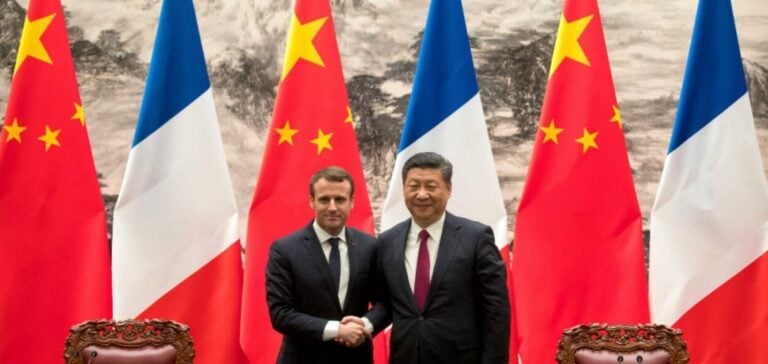During recent diplomatic discussions, the Chinese and French presidents clearly expressed their desire to strengthen cooperation between their nations. They focused particularly on the civil nuclear energy sector. This initiative, which is not the first of its kind on the European continent, underlines a deep commitment to a sustainable energy transition. On this occasion, several important agreements were discussed, including a particularly significant letter of intent signed by the heads of China General Nuclear (CGN) and Électricité de France (EDF).
Implications of cooperation agreements
The agreement between CGN and EDF is ambitious. Indeed, it foresees a considerable expansion of collaboration in several key areas. Projects include joint construction of nuclear infrastructure and talent training. In addition, they cover the operation of EPR reactors, advanced nuclear technologies. This agreement highlights the strategic importance of nuclear power in the energy policies of both countries. It aims at mutual growth and the development of nuclear management skills.
Details of joint initiatives
The initiatives detailed in the agreement include not only construction projects, but also leadership and technical training programs. These programs are designed to prepare future generations of nuclear specialists. They will strengthen both nations’ ability to manage their energy needs autonomously. What’s more, this joint effort demonstrates a determination to raise standards of safety and efficiency in the use of renewable energies.
Challenges and prospects
The focus on nuclear power reflects a mutual recognition of its vital role in the global energy transition. Indeed, the Sino-French collaboration could serve as a model for other international agreements. It also positions the two countries as leaders in civil nuclear energy. The impact of this cooperation extends beyond national borders, influencing energy policies and global markets.
The deepening of nuclear cooperation between China and France is more than just a technical alliance. It’s a strategic partnership that could redefine global leadership in the clean energy sector. The agreements signed carry the promise of greater energy independence and continued innovation. Their long-term effects on global nuclear capabilities are eagerly awaited by the international community.






















